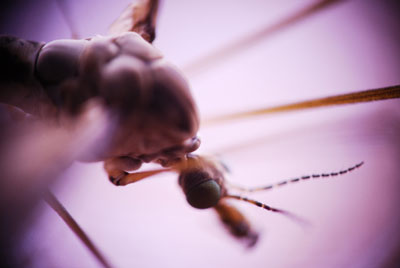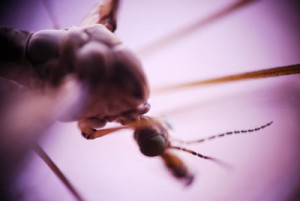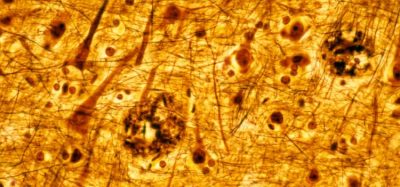Vaccine for West Nile virus enters human clinical trials
Posted: 7 July 2015 |
A new investigational vaccine designed to protect against West Nile Virus infection is being tested in a Phase 1 clinical trial…


A clinical trial of a new investigational vaccine designed to protect against West Nile Virus infection will be sponsored by the National Institute of Allergy and Infectious Diseases (NIAID), part of the US National Institutes of Health (NIH).


The new vaccine is being tested in a Phase 1 clinical trial at Duke University in Durham, North Carolina.
Most commonly spread through the bite of infected mosquitoes, West Nile virus infection is typically a seasonal epidemic in the US that begins in late spring or early summer and continues into the fall. Last year, 2,205 cases of West Nile virus disease and 97 related deaths were reported in the US. The majority of people infected will show no symptoms. Roughly 1 in 5 people who are infected will display relatively mild symptoms, such as fever, headache, body aches, nausea, and vomiting. Only about 1 in 150 people infected with West Nile virus will develop a serious neurologic illness, such as encephalitis or meningitis. Most people with the disease recover completely, but the elderly and other immunocompromised individuals are at higher risk for long-term side effects or death resulting from infection.
West Nile virus first appeared in the US in 1999
“Since first appearing in the United States in 1999, West Nile virus has emerged as an important health threat in this country. NIAID is committed to research efforts to advance a preventive vaccine that could protect people against West Nile virus infection,” said NIAID Director Anthony S. Fauci, M.D.
The OHSU research team, led by senior scientist Mark Slifka, Ph.D., created the investigational vaccine, called HydroVax-001, with a novel, hydrogen peroxide-based process that renders the virus inactive while still maintaining key immune-system triggering surface structures. The virus used to make the vaccine is inactivated and cannot cause West Nile virus infection. Because it is inactivated, the experimental vaccine likely could be used in a diverse population, including immunologically vulnerable groups, such as the elderly.
In preclinical studies, the test vaccine was effective at protecting mice against a lethal dose of West Nile virus. In mice, the vaccine elicited neutralising antibody responses and CD8+ T cells, which bind to and kill infected cells.









